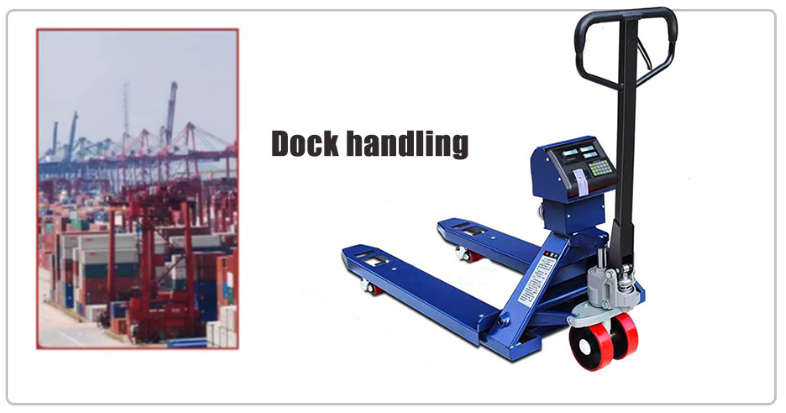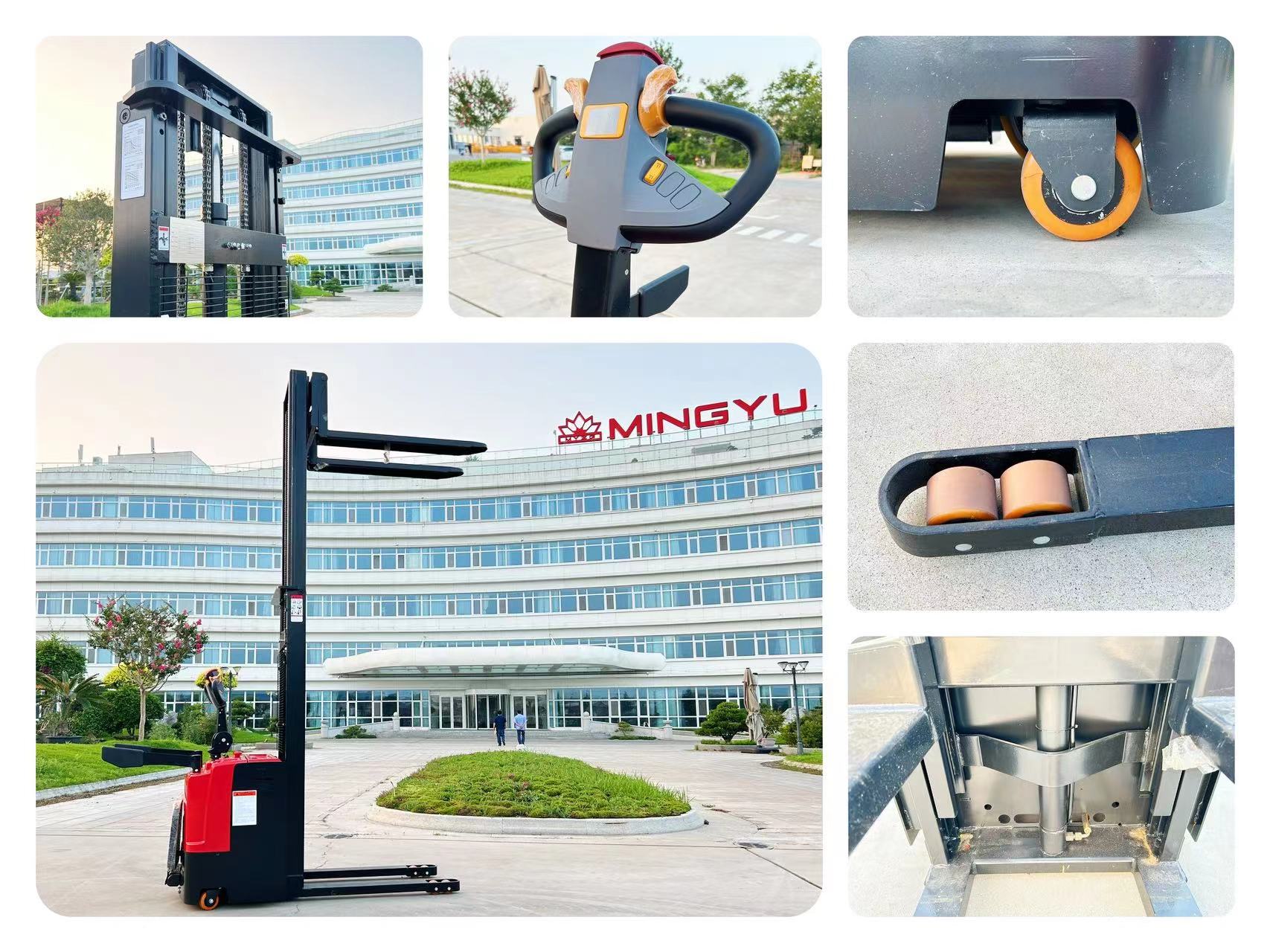Pallet trucks are essential tools in many industries, from warehousing and logistics to manufacturing and retail.

The Importance of Pallet Truck Training
Pallet trucks, also known as pallet jacks or pump trucks, are designed to efficiently move heavy pallets around warehouses and other facilities.
-
Accidents and Injuries: Collisions with objects or people, tipping over, and falling loads are common risks associated with untrained operators.
-
Property Damage: Damaged pallets, racking, and other equipment can lead to significant financial losses.
- Reduced Efficiency: Inefficient operation can slow down workflows and decrease productivity.
-
Legal Liability: Employers are legally responsible for providing adequate training to their employees.
Failure to do so can result in fines and penalties.
Legal Requirements for Pallet Truck Training
Many countries have specific regulations governing the use of workplace equipment, including pallet trucks. These regulations often require employers to:
- Provide Adequate Training: Ensure that all employees who operate pallet trucks receive proper training.
- Assess Operator Competence: Regularly assess the competence of operators to ensure they are using the equipment safely and efficiently.
-
Maintain Equipment: Keep pallet trucks in good working condition and regularly inspect them for defects.

Key Aspects of Pallet Truck Training
A comprehensive pallet truck training program should cover the following key areas:
-
Safety Procedures:
- Personal Protective Equipment (PPE): Emphasize the importance of wearing appropriate PPE, such as safety shoes, gloves, and safety glasses.
- Workplace Safety: Teach operators to be aware of their surroundings, avoid distractions, and maintain a safe working environment.
-
Emergency Procedures: Train operators on how to respond to emergencies, such as equipment malfunctions or accidents.
-
Equipment Operation:
- Basic Operation: Explain the different parts of a pallet truck and how to operate the pump handle and steering controls.
- Load Capacity: Teach operators to understand the maximum load capacity of the pallet truck and avoid overloading it.
- Maneuvering Techniques: Demonstrate proper techniques for navigating narrow aisles, turning corners, and backing up.
-
Load Handling:
- Load Stability: Explain how to assess the stability of a load and ensure it is properly secured to the pallet.
-
Lifting Techniques: Teach operators how to lift loads safely and avoid straining their backs.
- Lowering Techniques: Demonstrate how to lower loads gently and avoid damaging the pallet or the load.
-
Pre-Operational Checks:
-
Visual Inspection: Train operators to visually inspect the pallet truck for any damage or defects before use.
- Hydraulic Fluid Check: Explain how to check the hydraulic fluid level and ensure it is adequate.
- Tire Inspection: Teach operators to check the tire pressure and condition.
-
Visual Inspection: Train operators to visually inspect the pallet truck for any damage or defects before use.
-
Post-Operational Procedures:
- Cleaning and Maintenance: Explain how to clean the pallet truck and perform basic maintenance tasks.
- Parking and Storage: Demonstrate proper parking and storage procedures to prevent damage and accidents.
Benefits of Pallet Truck Training
Investing in pallet truck training offers numerous benefits, including:
-
Improved Safety: Reduces the risk of accidents, injuries, and property damage.
-
Increased Efficiency: Enhances operator productivity and reduces downtime.
-
Enhanced Compliance: Helps organizations comply with safety regulations and avoid legal penalties.
-
Reduced Costs: Minimizes repair and replacement costs associated with equipment damage.
- Positive Employer Image: Demonstrates a commitment to employee safety and well-being.
Conclusion
Pallet truck training is essential for ensuring safe and efficient operations.
Additional Tips for Safe Pallet Truck Operation:
- Avoid Distractions: Focus on the task at hand and avoid using mobile devices while operating the pallet truck.
Post time:Nov.11.2024
